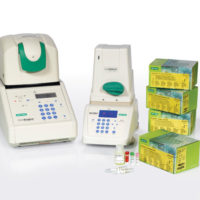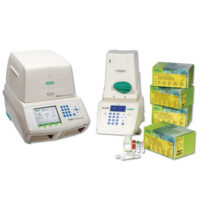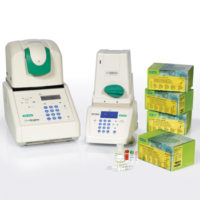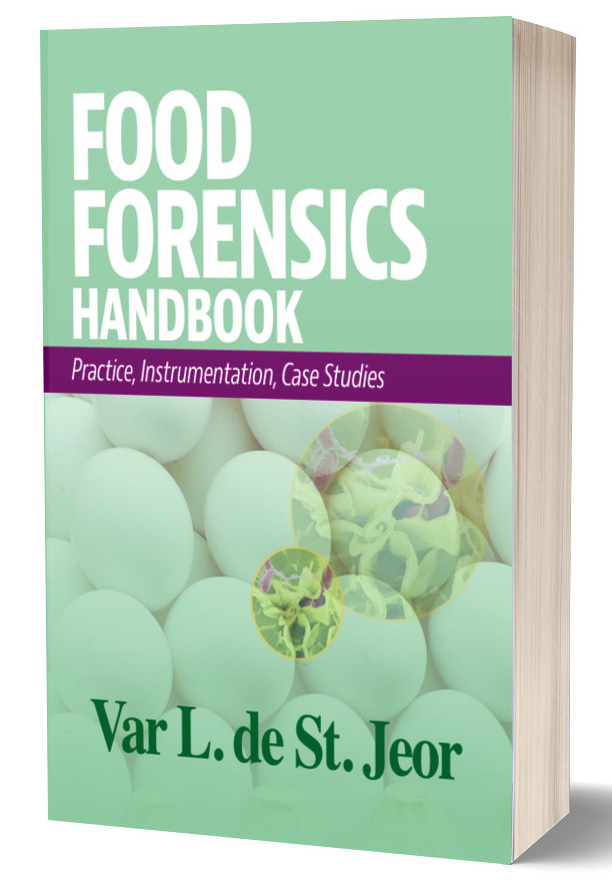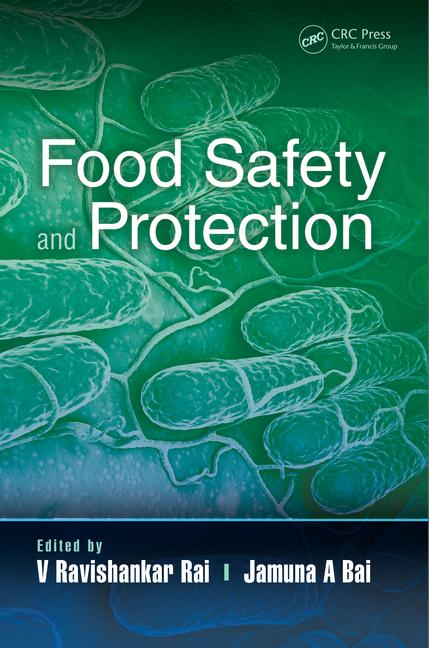Real-Time PCR Provides Product Recall Prevention

“The value of an idea lies in the using of it,” said Thomas Edison many years ago. Its relevance to the food safety industry today is clear. Real-time polymerase chain reaction (PCR), once exclusively used for medical research, now has applications in food safety. Instead of waiting to be hit by a product recall crisis, adopting PCR technology such as Genevision’s Rapid Pathogen Detection System can help prevent one, saving lives, money and the reputation of an organization.
Take the case of the meat industry. According to the American Meat Institute, the average American consumes 28 lbs. of ground beef per year. In 2001, 27 billion pounds were manufactured by roughly 1,000 plants. That represents 32% of the U.S. meat and poultry supply and 15% of the nation’s supermarket meat department sales. When millions of pounds of beef are recalled the problem becomes explosive, involving a U.S. Department of Agriculture (USDA) investigation into the “effectiveness” of the conducted recall.
It is staggering to consider the amount of money that E.coli O157:H7 alone costs the meat industry. According to Cattle Buyer’s Weekly, packers have incurred $100 million in recall costs and $250 million in increased operating costs and spent $400 million on beef safety research in the last 10 years. Furthermore, lost consumer demand was assessed at $1.6 billion in 1999 by agricultural ecomomist Ted Schroeder. To make matters worse, E. coli is not alone in causing such devastation. It is one of the least common foodborne illnesses, with a U.S. Centers for Disease Control and Prevention (CDC) estimate of 73,000 E. coli associated foodborne illness cases a year. Salmonella is responsible for another 1.4 million cases and Campylobacter is associated with 2.4 million cases per year.
Along with its impact on human health, recalls also seriously impact the stock market. H. Hooker and V. Salin from Texas A&M University recently studied the link between stock market reaction and food recalls and found that although share price levels return to pre-recall levels, their short-term impact can be significant.
Companies dedicate entire teams and resources to managing recalls because costs start adding up the minute the incidence of contamination has been identified. Recall costs include labor, notification and administration, production, legal counsel, distribution, marketing, consumer affairs and brokerage fees. All resources are redirected towards solving the problem rapidly to avoid a tarnished brand name and the long-term psychological impact on the consumer.
Advances in PCR Technology
Avoiding these costs and the devastation that follows a foodborne illness outbreak requires breaking the paradigm of traditional microbiology, improving both the quality of the technology involved in pathogen detection and the ability to communicate results effectively within an organization. The development of rapid detection methods result from a need to develop newer technologies to tackle food safety and quality control challenges.
The advent of PCR combined with genetic markers have enabled the detection of organisms in research settings and Warnex Inc. has adapted this tool for food security. “PCR is ideally suited for the food industry,” says Mark Busgang, president and CEO of Warnex Inc., experts in quality control and developer of the food safety technology, Genevision, that rapidly and accurately detects harmful bacteria, allowing agri-food facilities to more effectively monitor product quality and prevent costly recalls and potential food poisonings. “With our recently approved Genevision technology, we have created real-time PCR kits that are easy to use and affordable.”
Warnex’s Genevision technology, based on real-time PCR, responds to two of the most important criteria in rapid food detection: speed-to-results and accuracy. Its two levels of molecular markers identify the sequence of a pathogen with 99.9% accuracy and its proprietary software analyzes and prints the report automatically. This ultimately translates into faster turnaround time, reduced inventory and reduced recall probability. The “live” communication potential of the technology and its digital data format enable timely communication within an organization for informed decision making.
One of the challenges involved in investing in a new technology is the ability to adapt to evolving customer needs and regulations. Managers are extremely conscious of the need to have a rapid return on the investment. “Profit margins being what they are, no one will purchase a new technology that does not evolve with the marketplace,” says Yvan Coté, Ph.D., Warnex’s Vice President, R&D. “We have a deep commitment to research and development in order to keep Genevision relevant and state-of-the-art by developing a wide range of kits for foodborne pathogens, GMOs, allergens and viruses. With globalization, we can be certain that new pathogens and viruses will appear in North America on a regular basis and we need to be able to react quickly. As an example, Campylobacter has only recently become a factor in food testing but according to CDC, it is associated with 2.4 million cases of reported foodborne illness each year.”
warnex.com
Looking for a reprint of this article?
From high-res PDFs to custom plaques, order your copy today!



